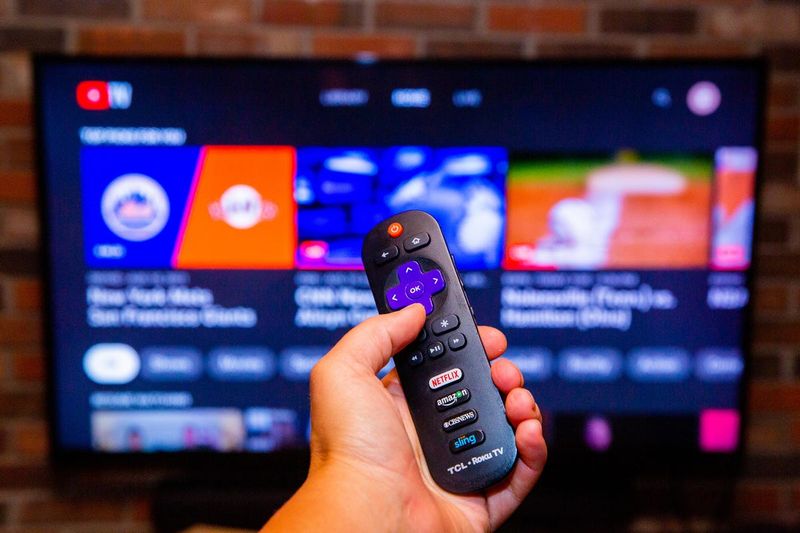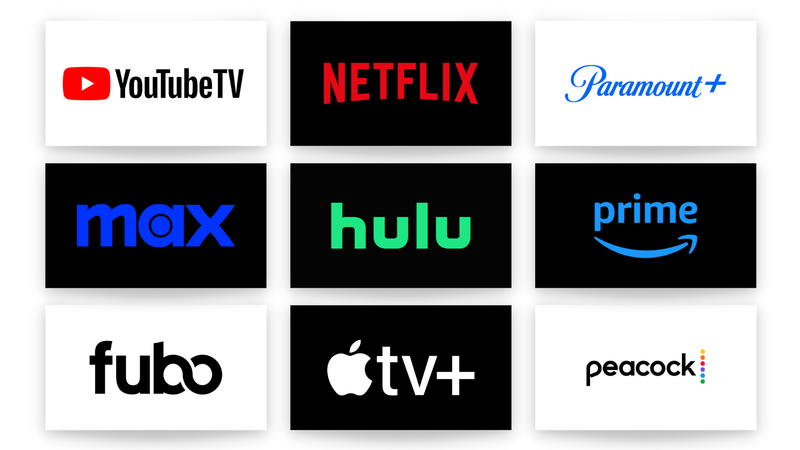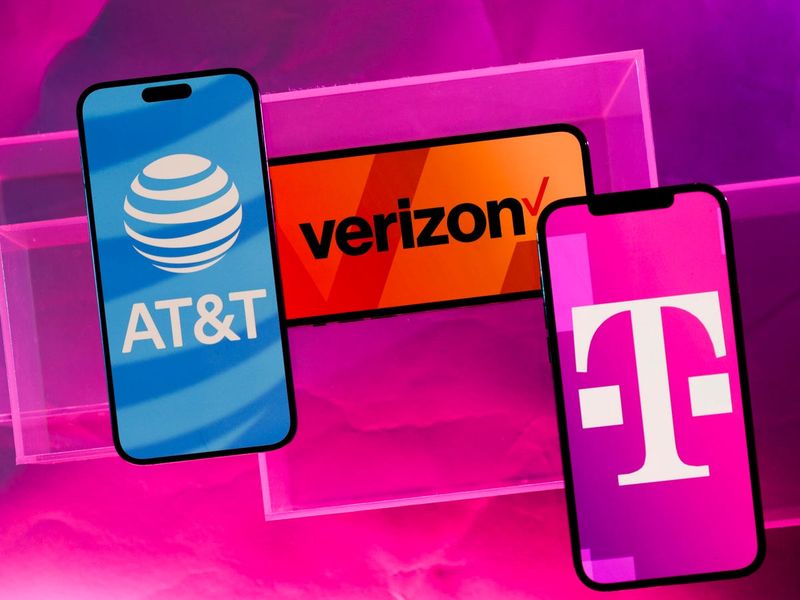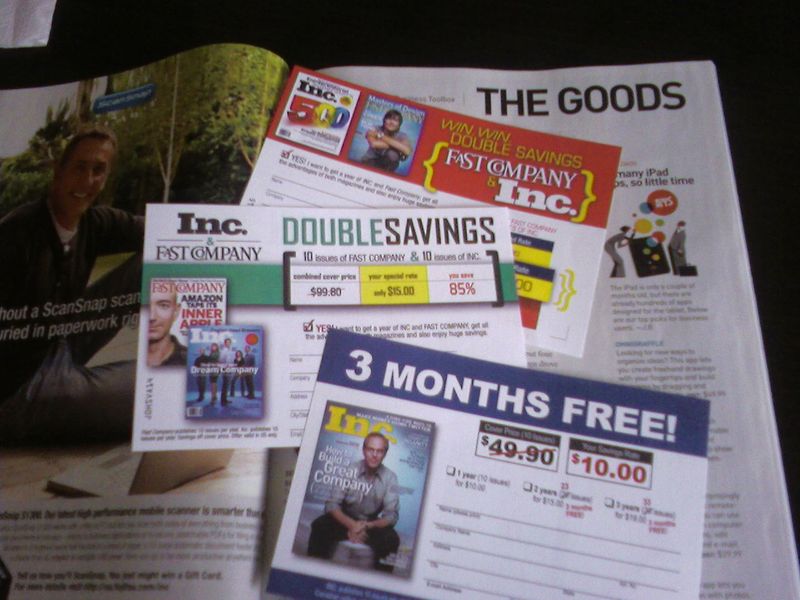Money keeps slipping through your fingers every month, and you might not even realize where it’s going. Hidden in your monthly expenses are sneaky bills that drain your bank account without providing real value.
Many people pay for services they rarely use or could easily replace with cheaper alternatives. Today we’ll uncover six common monthly bills that are probably costing you more than they’re worth.
1. Cable TV Subscription
Streaming services have completely changed how we watch television, yet millions still pay hefty cable bills. Most cable packages cost between $80-150 monthly for channels you probably never watch.
Popular streaming platforms like Netflix, Hulu, and Amazon Prime offer thousands of shows and movies for under $15 each. You can watch whatever you want, whenever you want, without annoying commercials.
Calculate how much you spend on cable versus streaming options. The savings will shock you, and you’ll actually enjoy your entertainment more with on-demand viewing.
2. Gym Membership You Never Use
January gym enthusiasm fades quickly, but those monthly payments keep coming. Average gym memberships cost $35-50 monthly, adding up to $420-600 yearly for equipment that collects dust.
Home workouts, outdoor activities, and free fitness apps provide excellent alternatives. YouTube offers thousands of free workout videos, from yoga to high-intensity training.
Be honest about your actual gym visits. If you go less than twice weekly, you’re wasting money. Cancel that membership and invest in a few home weights or resistance bands instead.
3. Multiple Streaming Services
Streaming addiction is real, and companies know it. What starts as one $10 subscription quickly multiplies into five or six different services costing $60+ monthly.
Netflix, Disney+, HBO Max, Apple TV+, Paramount+, and Peacock all want your money. Most families actively use only two or three services regularly.
Review your streaming subscriptions monthly. Cancel services you haven’t used in 30 days. You can always resubscribe when something interesting launches. Rotating subscriptions saves hundreds annually while keeping your entertainment fresh and exciting.
4. Premium Phone Plan Features
Unlimited everything sounds great until you realize you’re paying for features you don’t need. Premium phone plans often include international calling, mobile hotspot data, and premium streaming subscriptions.
Most people use Wi-Fi for heavy data consumption and rarely need unlimited mobile data. Basic plans typically provide enough calling, texting, and data for average users.
Check your actual phone usage in your settings. If you consistently use less than your plan offers, downgrade immediately. Switching from premium to basic plans can save $20-40 monthly per line.
5. Extended Warranties and Insurance
Retailers love selling extended warranties because they’re incredibly profitable. These warranties often cost 20-30% of the item’s price while covering problems that rarely occur.
Most electronics come with manufacturer warranties that cover defects. Credit cards frequently offer purchase protection and extended warranty benefits automatically.
Extended warranties make sense only for expensive items you use daily. Skip warranties on small appliances, electronics under $300, and items with excellent reliability records. Your savings account becomes your insurance fund, earning interest instead of paying premiums.
6. Magazine and Newspaper Subscriptions
Digital age reading habits have changed dramatically, yet many people maintain multiple print subscriptions. Monthly magazine subscriptions can cost $5-15 each, while newspapers often charge $20-40 monthly.
Free online content provides similar information and entertainment. Libraries offer current magazines and newspapers at no cost. Many publications provide free articles monthly before requiring subscriptions.
Evaluate which publications you actually read cover-to-cover. Cancel subscriptions for magazines that pile up unread. Choose one quality publication over multiple mediocre ones for better value and less clutter.







Comments
Loading…